Clock Opera
Millerntor Stadion, 2012
If you visit Hamburg without watching a game of FC St. Pauli at Millerntor Stadium you definitely miss something important. Despite a lack of any trophies or major successes the club is cult and its fan culture is visible all over the city on any day of the week. During Reeperbahn Festival St. Pauli played an away game, so we got no chance to see them live but instead the great opportunity to do a stadium session with the four Englishmen of Clock Opera – themselves declared supporters of various English underdog football teams. Singer Guy Connelly happily waves the St. Pauli fan flag (skull and crossbones) when they reach the pitch, then the Londoners climb the stand to get a good view of the 24,000 seats arena. Thanks to the central location you can also see Hamburg landmarks such as the Michel tower or the WWII-Bunker from up there. After some souvenir photos Clock Opera head into an inspired take of their 2011-single “Belongings”, which slowly builds up until drums, keyboards, guitars and vocals altogether sound through the empty stadium in the end. What a memorable afternoon!
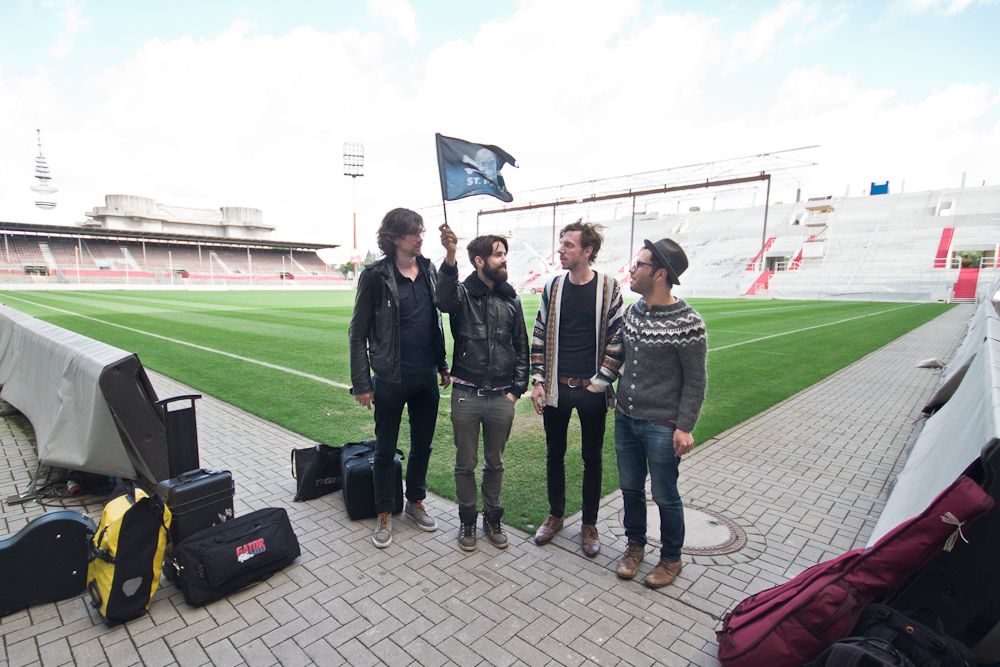
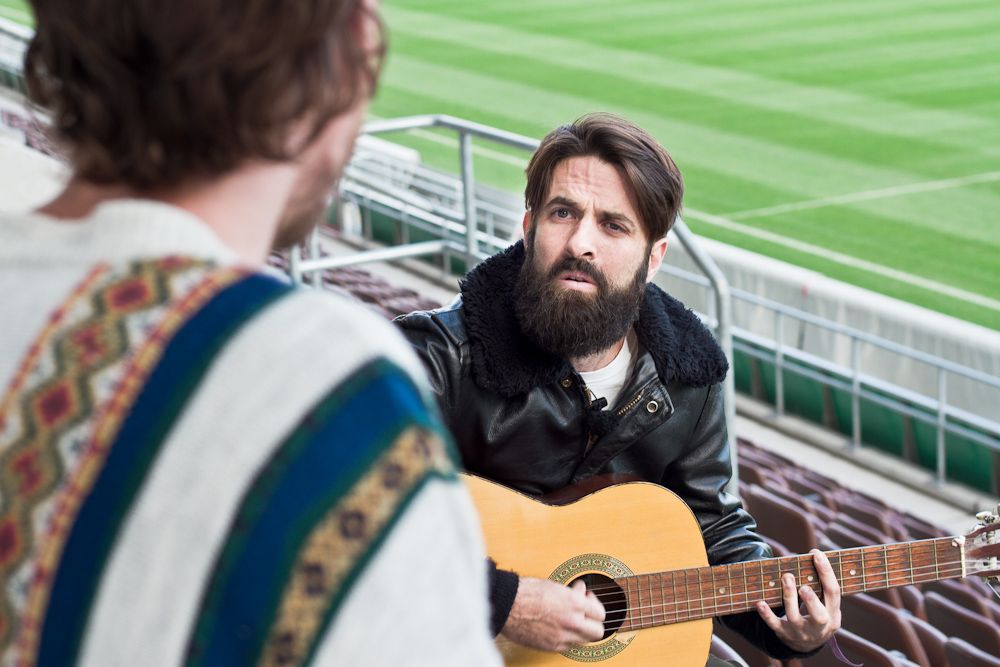
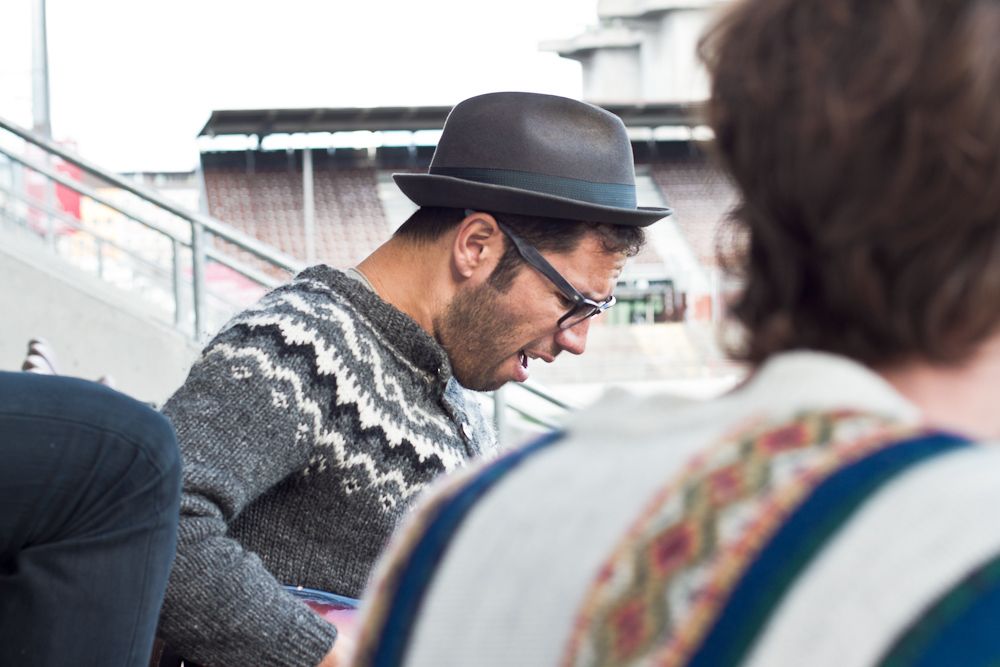
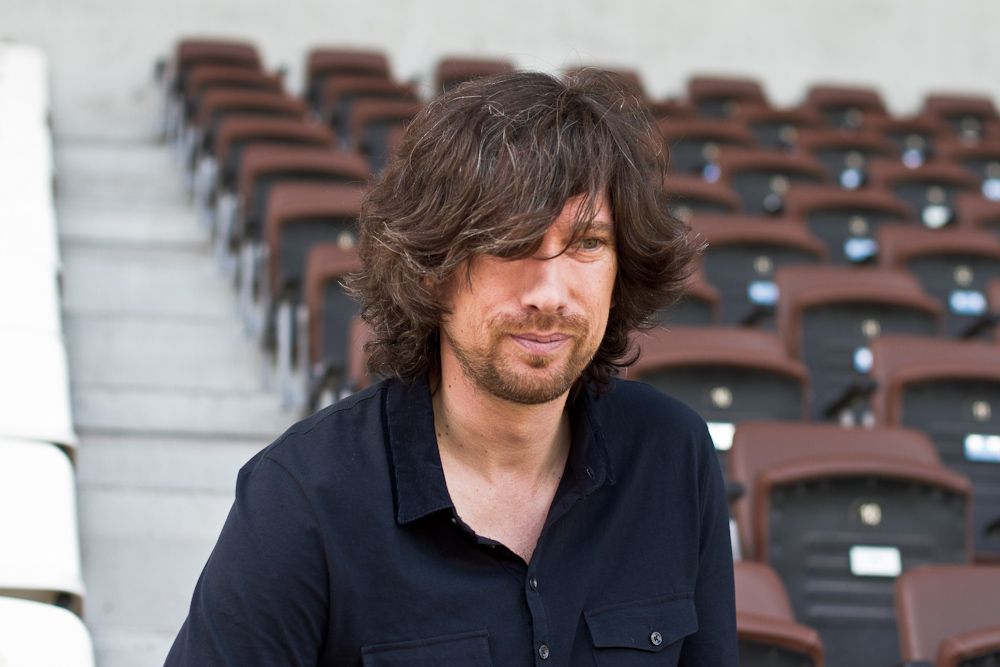
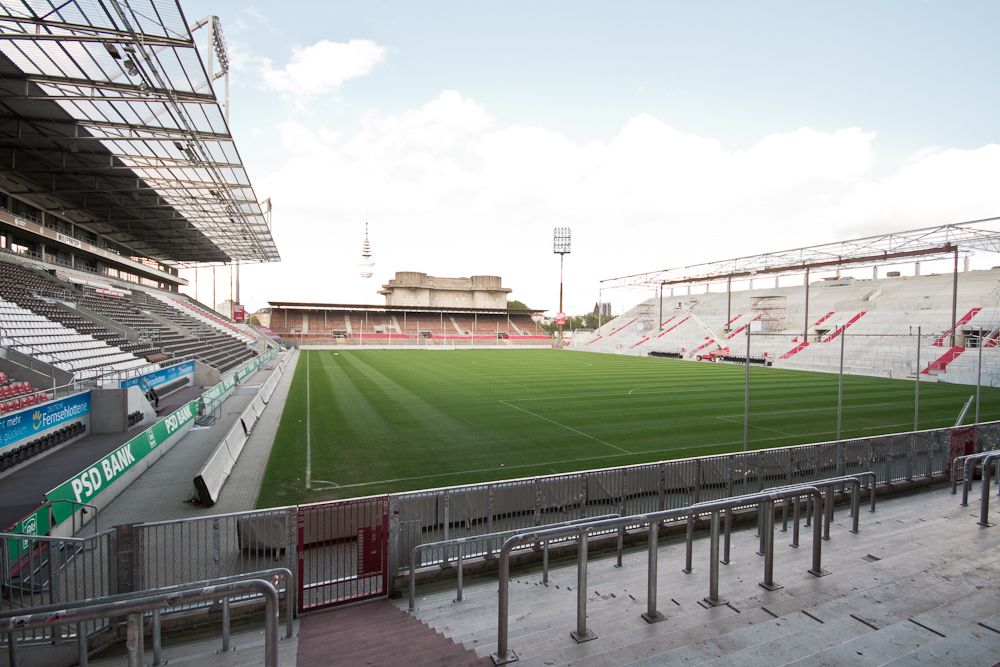
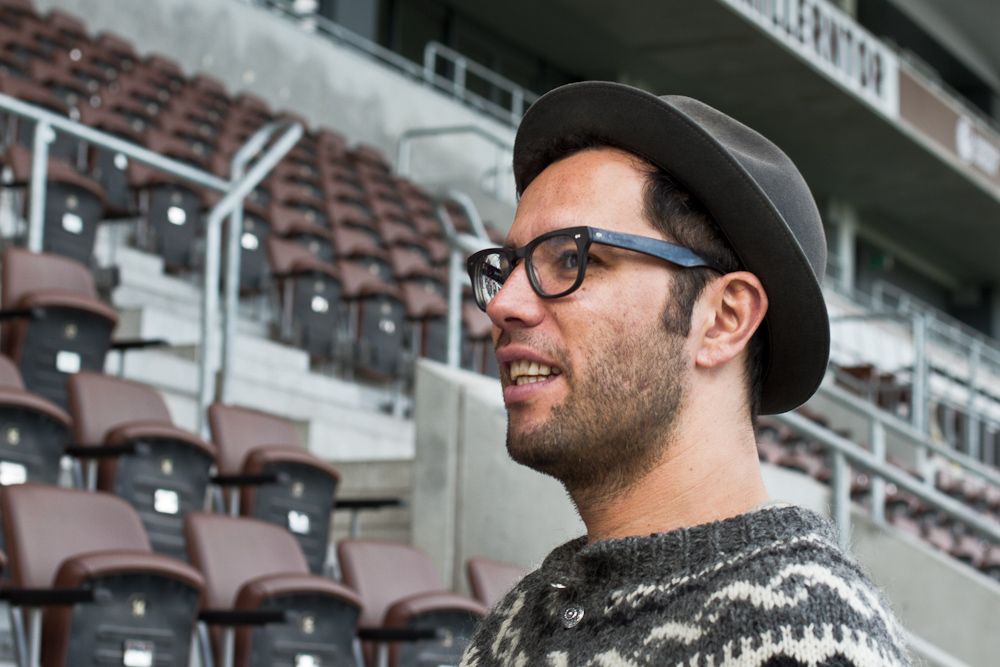
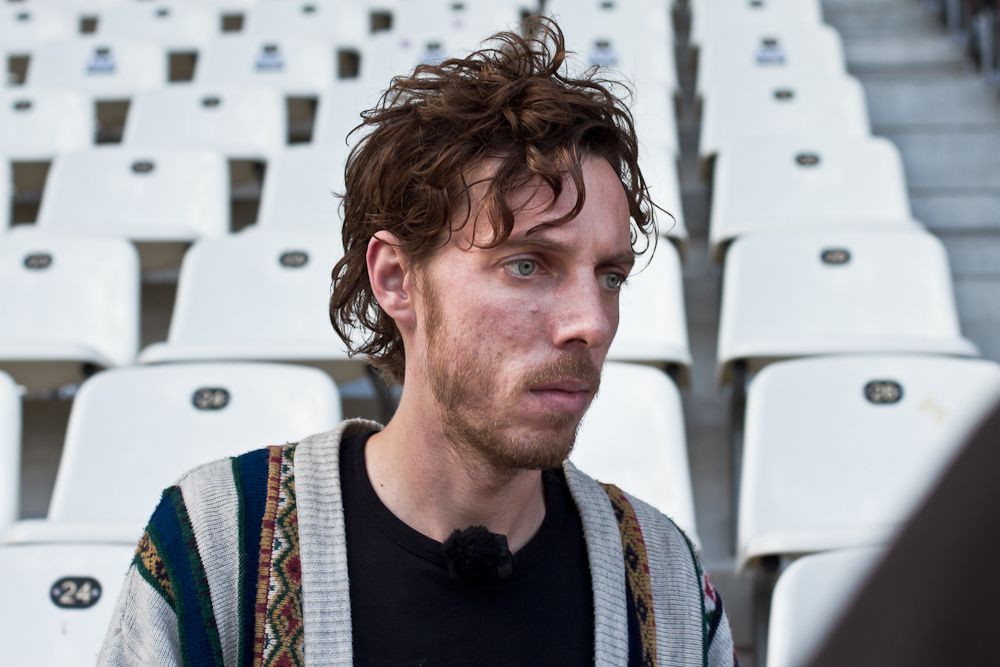
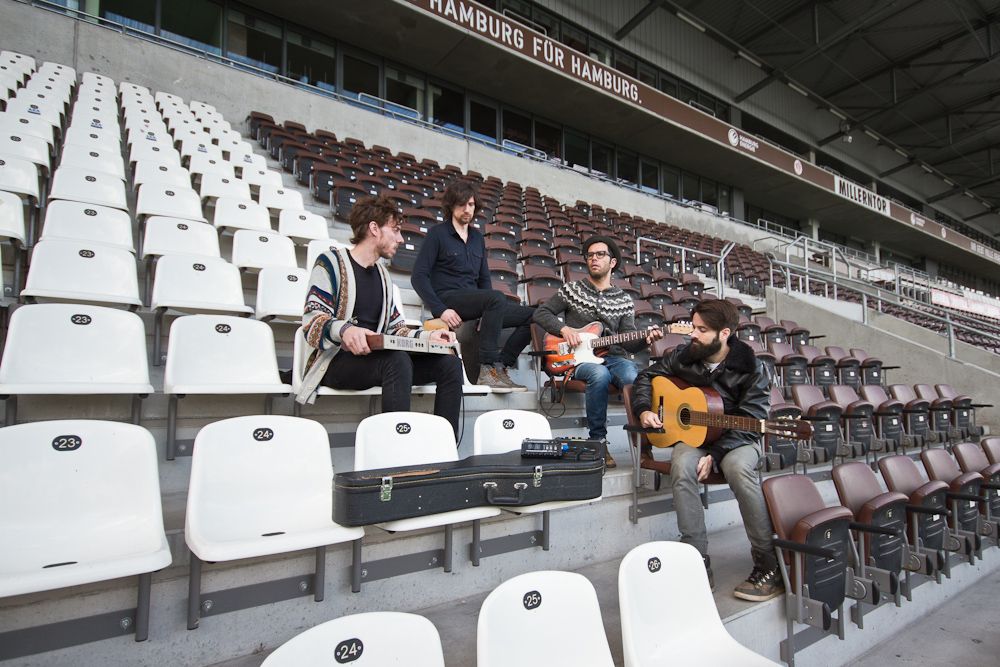
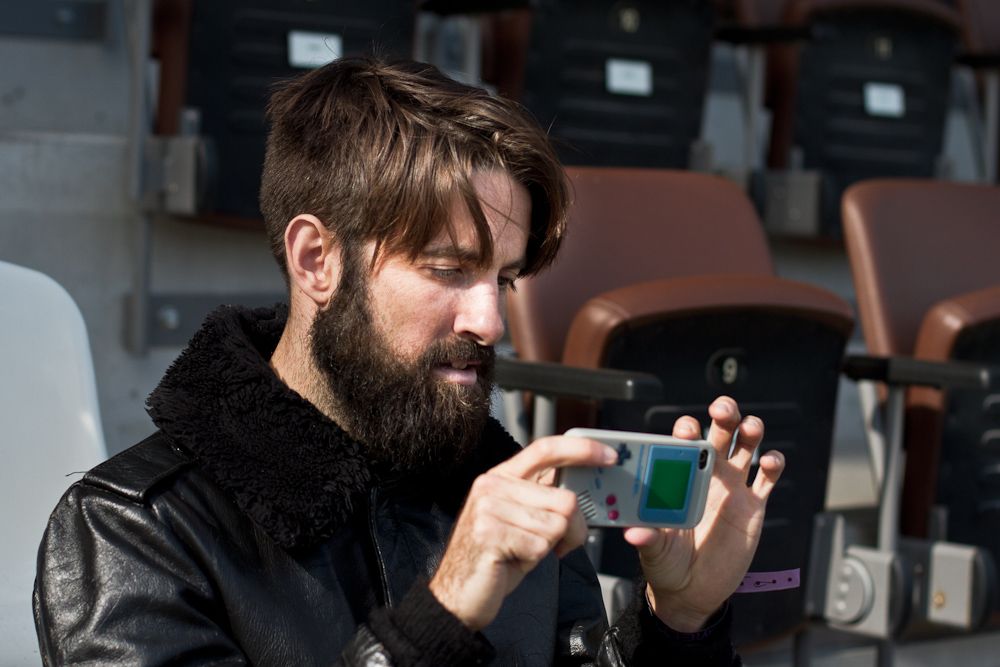
Millerntor Stadion
FC St. Pauli is not just a football club, it’s cult! Although Hamburger SV is the bigger and more successful team St. Pauli seems to be more influential on local culture – at least on the alternative one. The club’s unofficial logo – a skull on crossbones with black background – is omnipresent in the city, as are its supporters. FC St. Pauli currently competes in the second German league and plays its homegames at 24,000-capacity Millerntor Stadium, which is centrally located on Heiligengeistfeld, just around the corner from Reeperbahn. The atmosphere at Millerntor is reliably enthusiastic and positively heated, even when the club doesn’t do too well. In 2002 the team scored one of its biggest successes by beating Bayern Munich – reigning World Club Champion at the time – 2:1 and subsequently claiming the title “Weltpokalsiegerbesieger”.